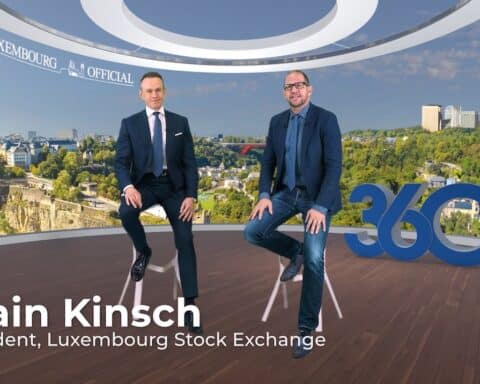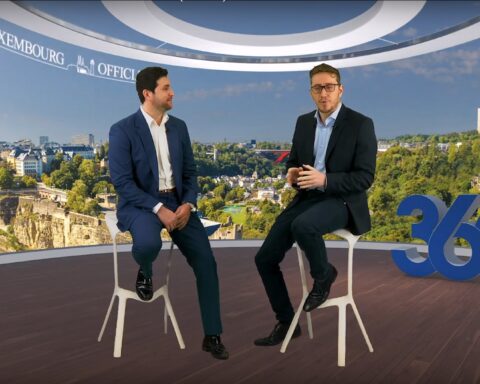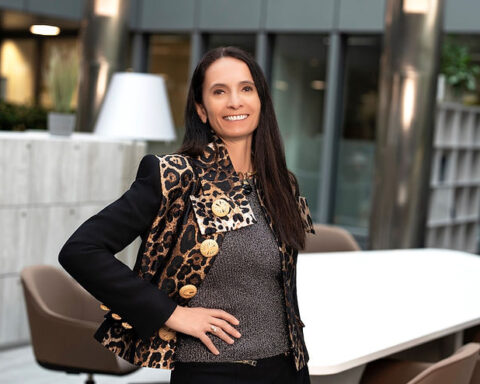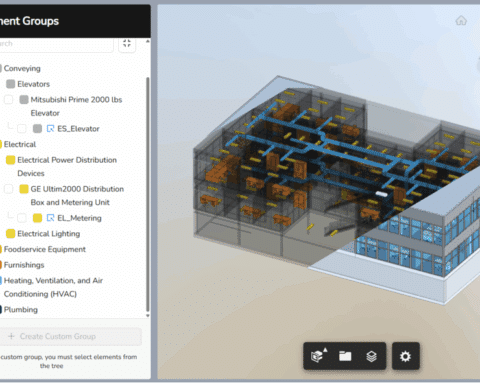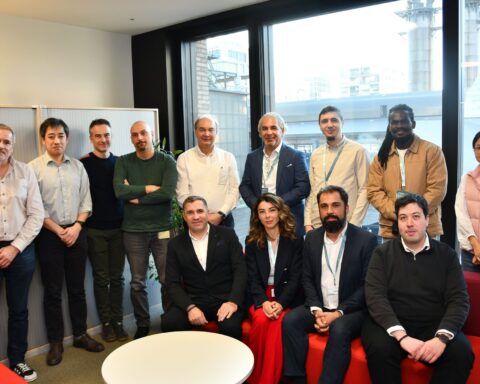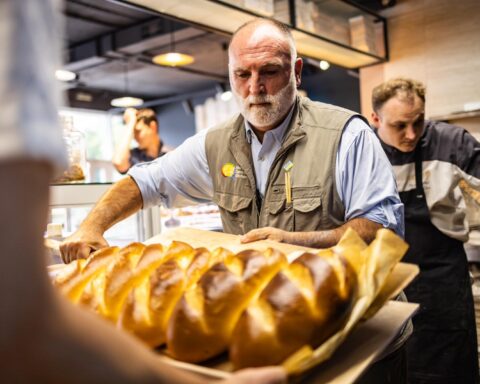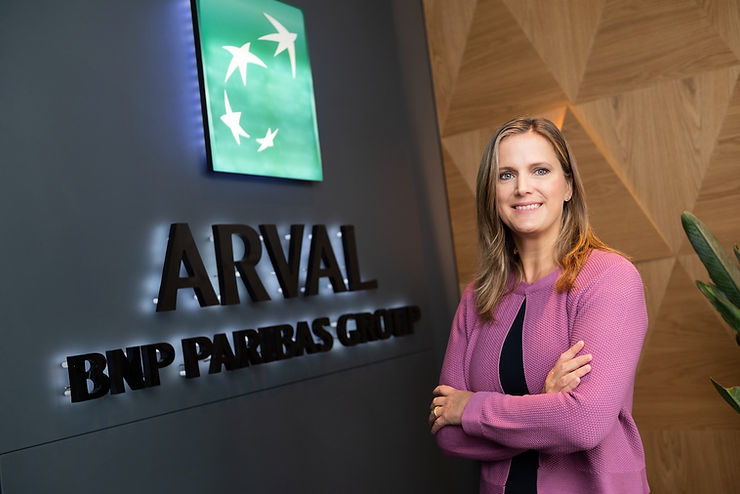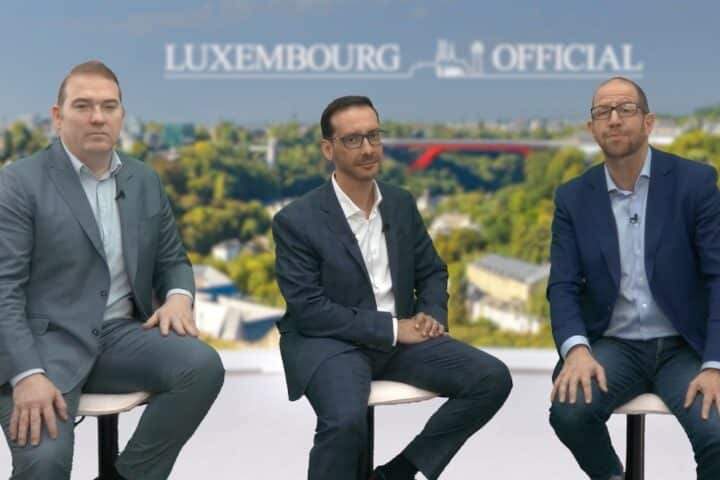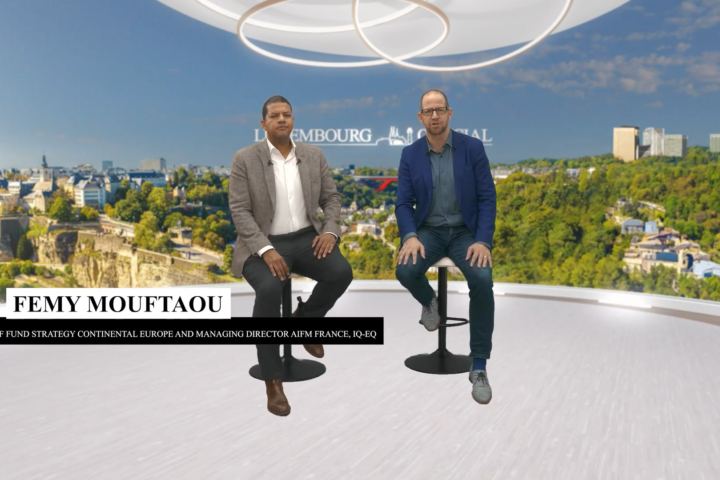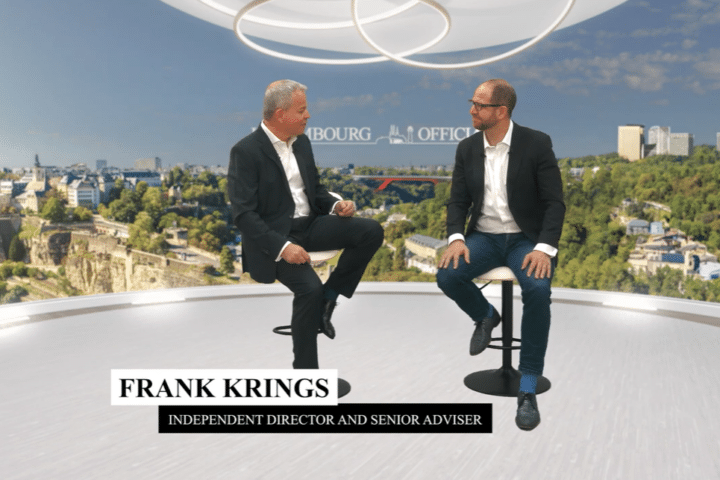Can you introduce Arval Luxembourg in a few words?Established in 1997, Arval Luxembourg is one of the actors in multi-brand leasing of corporate vehicles in the Grand Duchy of Luxembourg. Part of the BNP Paribas Group, Arval Luxembourg offers its customers – individuals, professionals, SMEs, large international groups and public sector bodies – dedicated solutions designed to optimise staff mobility and to outsource the risks associated with the management of their vehicle fleet. Arval also actively supports and advises our customers in accelerating the energy transition, empowering them to be more sustainable. Our strategy is to rethink the mobility mix by balancing vehicle leasing with alternative forms of mobility such as car sharing and electric bikes. Expert advice and a high-quality service, the foundations of the Arval brand promise, are delivered by our employees every day. Arval Luxembourg had more than 13,500 vehicles on lease at the end of 2022. As part of the Commercial, Personal Banking & Services division within BNP Paribas Group, Arval benefits from a worldwide network, which has played a key role in our international growth. Our 8,000 employees operate in 30 countries, and we leased 1,600,000 vehicles in end of December 2022.
“Facing the challenges ahead, we must support the development of alternative modes of transport to private cars.”
What are the main trends that influence your activity? If we talk about mobility, we are facing significant changes. In Luxembourg, population growth and economic dynamics have led to an increase in traffic flows. They are projected to increase by another 40% by 2035, raising significant mobility challenges and requiring a shift in transportation modes. More generally, we can mention the use of homeworking, the need to reduce our CO2 emissions, the energy crisis… All of which have an impact on how we move. When we talk about mobility, several factors should be taken into consideration: infrastructure, mobility offers, habits and the mindset of users. Technology also has an important role to play.
How does your company adapt to these new developments?
Facing the challenges ahead, we must support the development of alternative modes of transport to private cars. This does not mean that it will disappear. It will become part of a wider offer, with soft mobility, sharing solutions, more efficient public transport, all of which will allow for smoother, more direct travel. Our role is to support this change, to help our customers to evolve their mobility policy, through advice but also by adapting our offers. This involves identifying trends, to better act proactively.Our offers are aimed also at private individuals and are increasingly appreciated. While car brands are making an unprecedented transition to electrification, it is difficult for the private sector to anticipate the residual value of a new vehicle, whether thermal or electric, over a four-year period. Uncertainty is high. Beyond the comfort of leasing, the advantage for the consumer is that we commit to value, we take charge of managing this risk.

